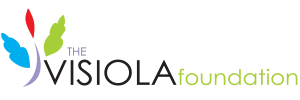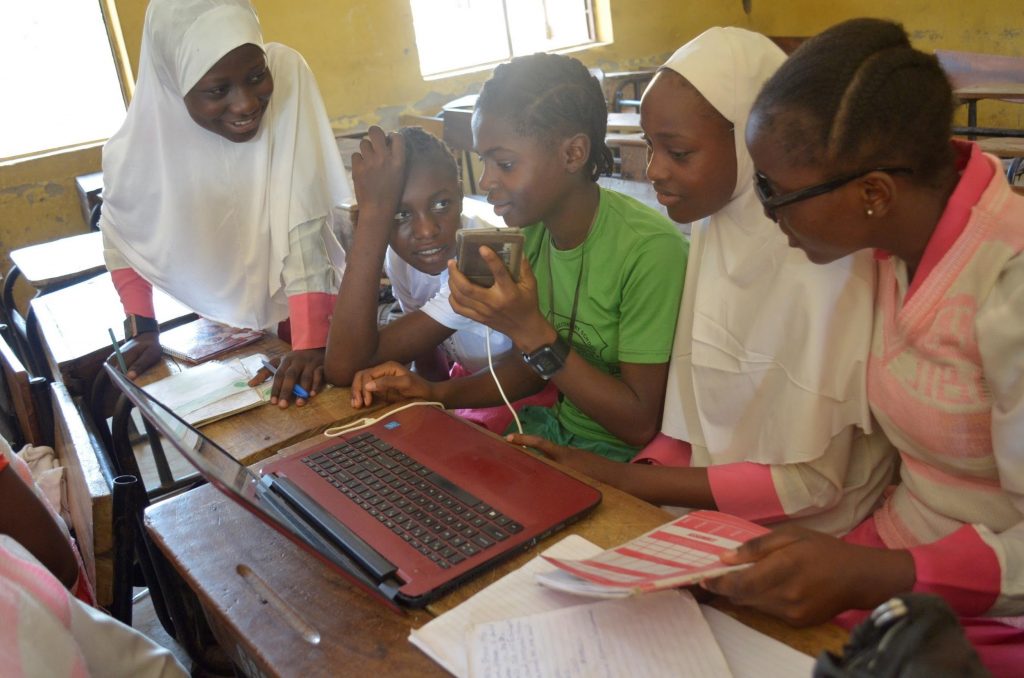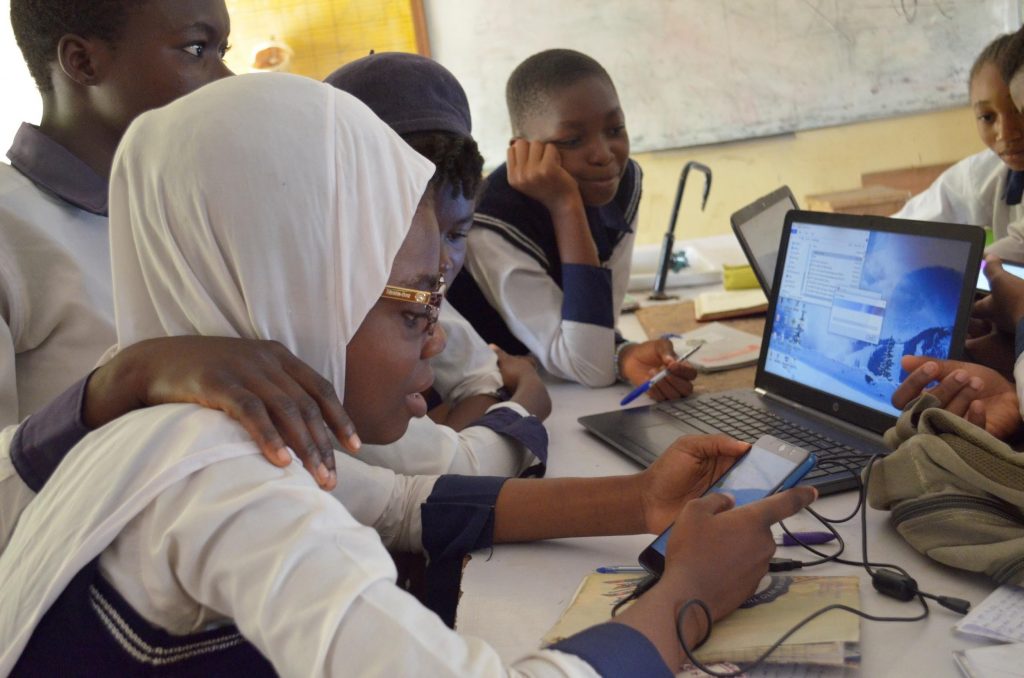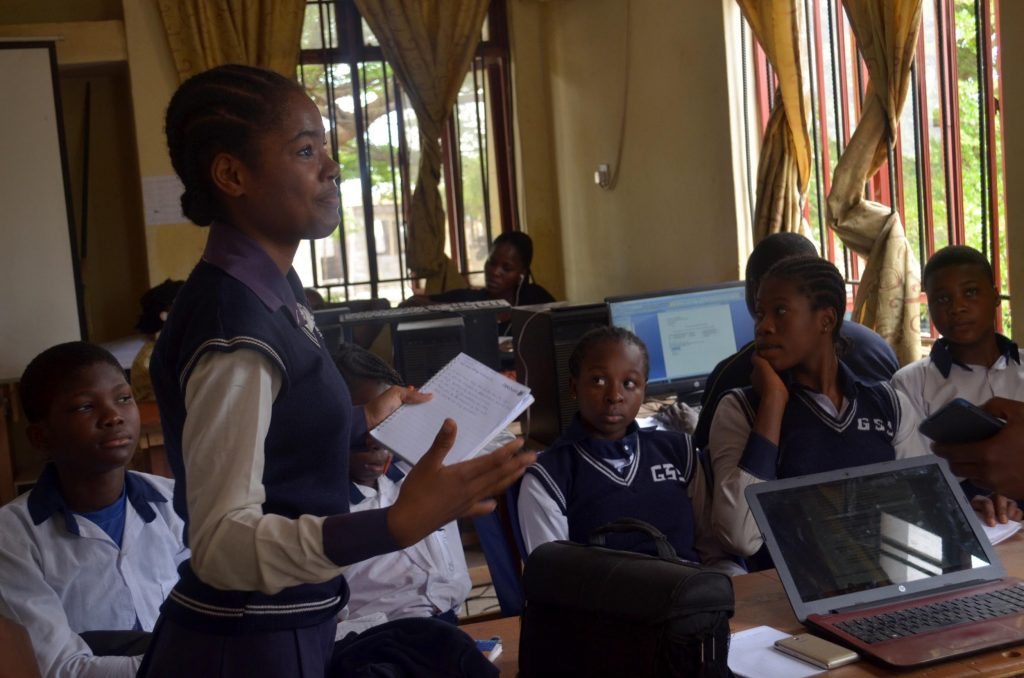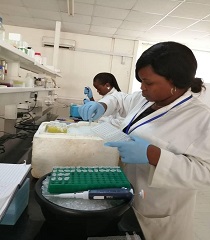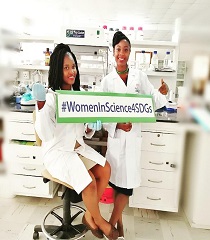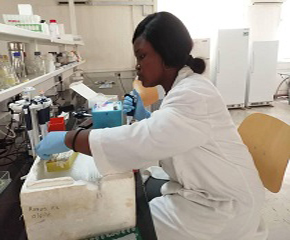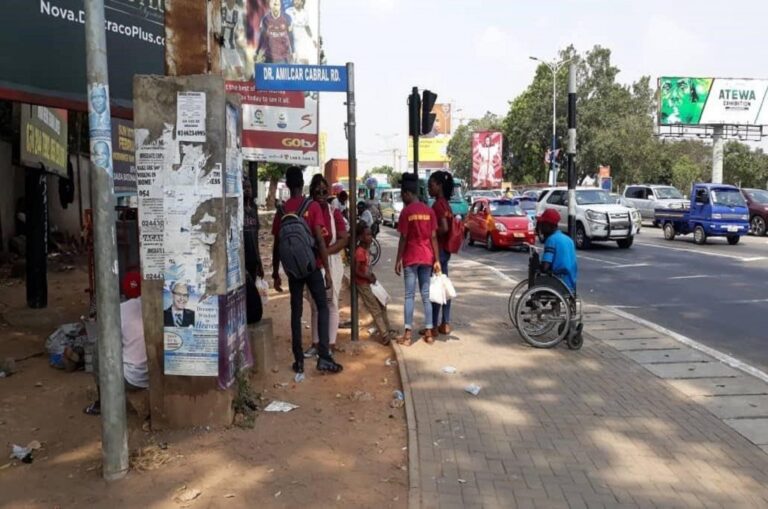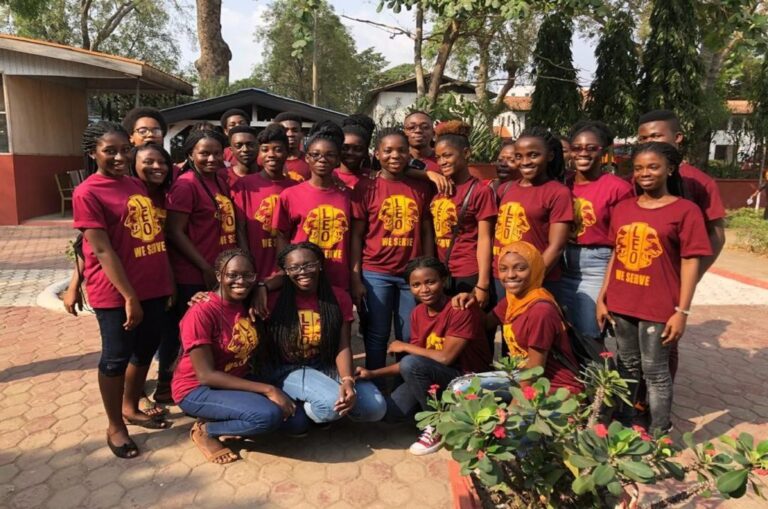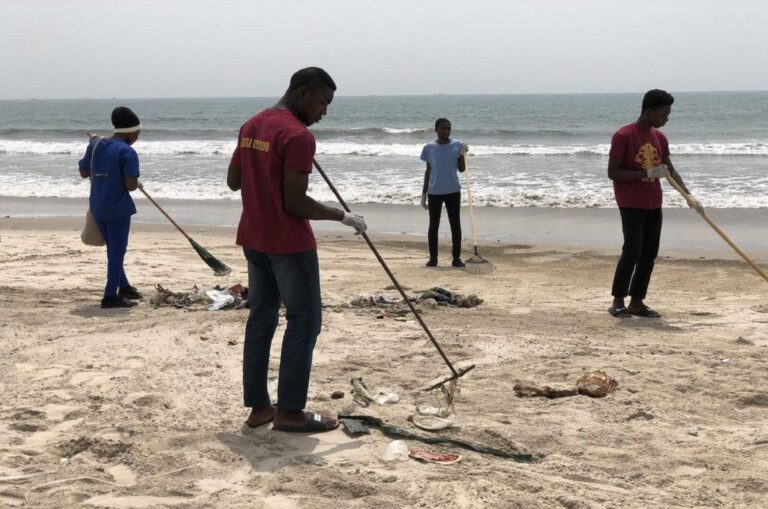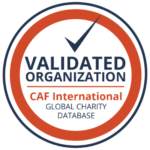the visiola foundation e-newsletter
Issue Q1, 2019
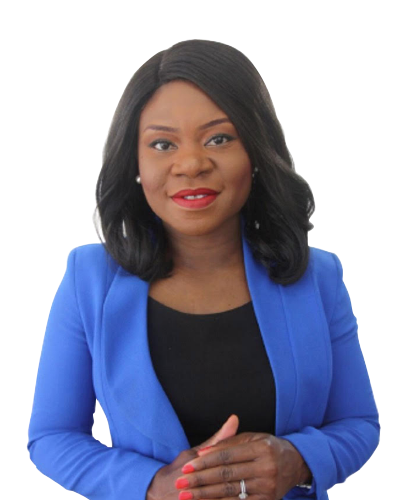
Ladé Araba
Founder and President of the Visiola Foundation
Founders' Corner
This first newsletter of 2019 especially moves me because our two inaugural graduates are working in jobs that they would not have had access to without our investment. Omolara, our “would have been a poor seamstress” has transitioned from her first full-time job into a second opportunity with Nigeria’s maiden pharmaceuticals manufacturing company, May & Baker. In a similar vein, Rachael is fulfilling her dream of working in a lab during her youth service year at the International Institute for Tropical Agriculture (IITA).
I highlight these two stories because they represent the ethos of the economic empowerment that the Visiola Foundation advocates through its STEM programs. By equipping girls and young women from underserved communities with high value technical skills, critical thinking, problem solving, analytical aptitude, teamwork and leadership acumen, we are shifting the realm of options available to them. This is real empowerment. This is prosperity. Not only will they be able to select from a variety of career options, they will enter a significantly higher income bracket from what the informal and low-skill job markets could offer. Moreover, their stronger confidence and higher self-esteem mean that they can lend their expertise to become leaders in their fields and to bring about transformation in their communities.
This is what we mean when we speak of empowering girls. Affording them options and ensuring that their skills match what industry requires. Our vision is well aligned with statistics published by UN Women on Women’s Economic Empowerment. Importantly, these stats reveal that empowering women creates positive externalities for the local and global economy.
“If men and women played an identical role in labour markets, as much as $28 trillion, or 26%, could be added to the global GDP. Secondly, an analysis of Fortune 500 companies found that those with the greatest representation of women in management positions delivered a total return to shareholders that was 34% higher than for companies with the lowest representation” (UN Women).
We recognize the importance of institutionalizing economic empowerment by ensuring that all students acquire valuable skills throughout their education. The Nigerian Educational Research and Development Council (NERDC) implemented reforms in 2014 that led to a restructuring of the national curriculum. Students are currently required to study four compulsory “crosscutting” core subjects, and to choose additional electives in four available areas of concentration. The new curriculum has a stronger focus on vocational training than previous curricula, and is intended to increase the employability of high school graduates in light of the high youth unemployment in Nigeria.
While this is a welcome improvement, according to World Education News & Reviews (WENR), 47% of Nigerian university graduates are unemployed, partially due to the mismatch between their skills and those sought by employers. We therefore believe that empowerment programs, including those focused on vocational training, should shift their focus from low-skill training to high-value, high-skill, high-wage options. The STEM fields provide numerous alternatives. In so doing, we expect stronger alignment with industry requirements, more students being employable, with an overall positive reduction in unemployment.
We had an engaging first quarter. Our students continued to excel in their various endeavors and it is our delight to provide you with these updates.
Warm Regards,
Ladé
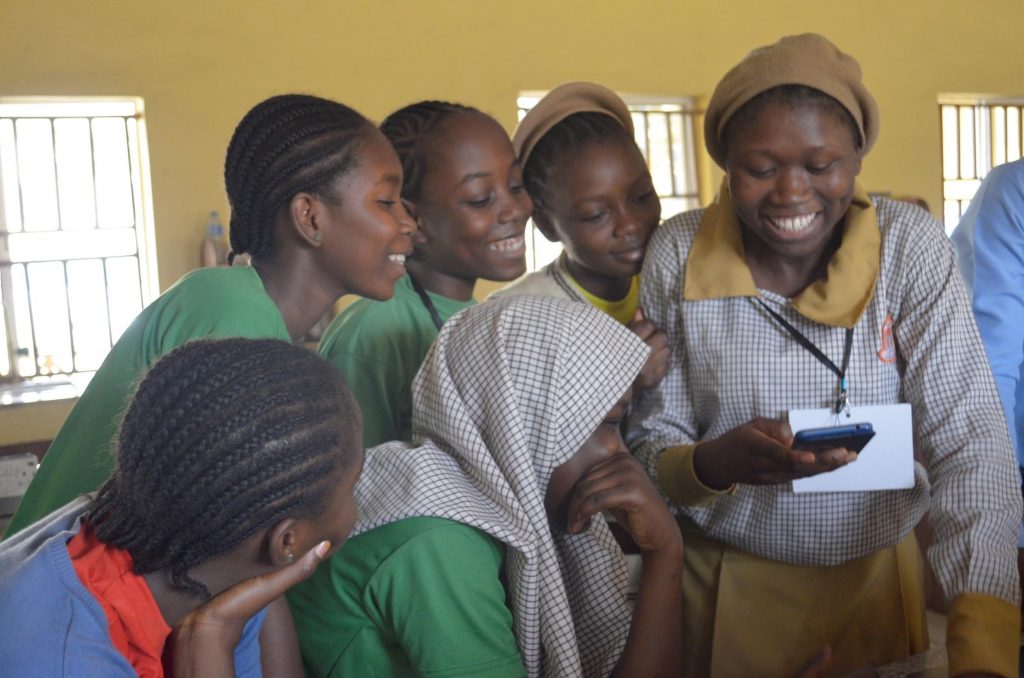
Students Testing the App
STUDENT PROGRAMMERS DEVELOP MOBILE APPLICATIONS
Students in our After-School STEM Clubs for Girls learnt the basics of software design and development processes and created Android mobile apps. In particular, the girls created a speech-to-text mobile app to facilitate communication.
Praise (14) discussed the significance of the mobile application her team developed:
“If you’re in an important meeting or lecture, it can be challenging to really capture every single word the speaker says using a pen. Even when using dictaphones or voice recording apps you still need to transfer this information to paper.
Converting recordings by transcribing is quite tedious and can produce errors. Our speech recognition app is helpful because it identifies spoken words and turns them into text and identifies text and turns it into spoken word. When you’re recording a meeting, you can easily dictate punctuation marks through voice commands, or by using the built-in punctuation keyboard. To make things even easier, you can quickly add names, signatures, greetings and other frequently used text by using a set of custom keys on the built-in keyboard. There’s automatic capitalization as well, and every change made to a note can be saved in the cloud. This application solves a lot of problems.”
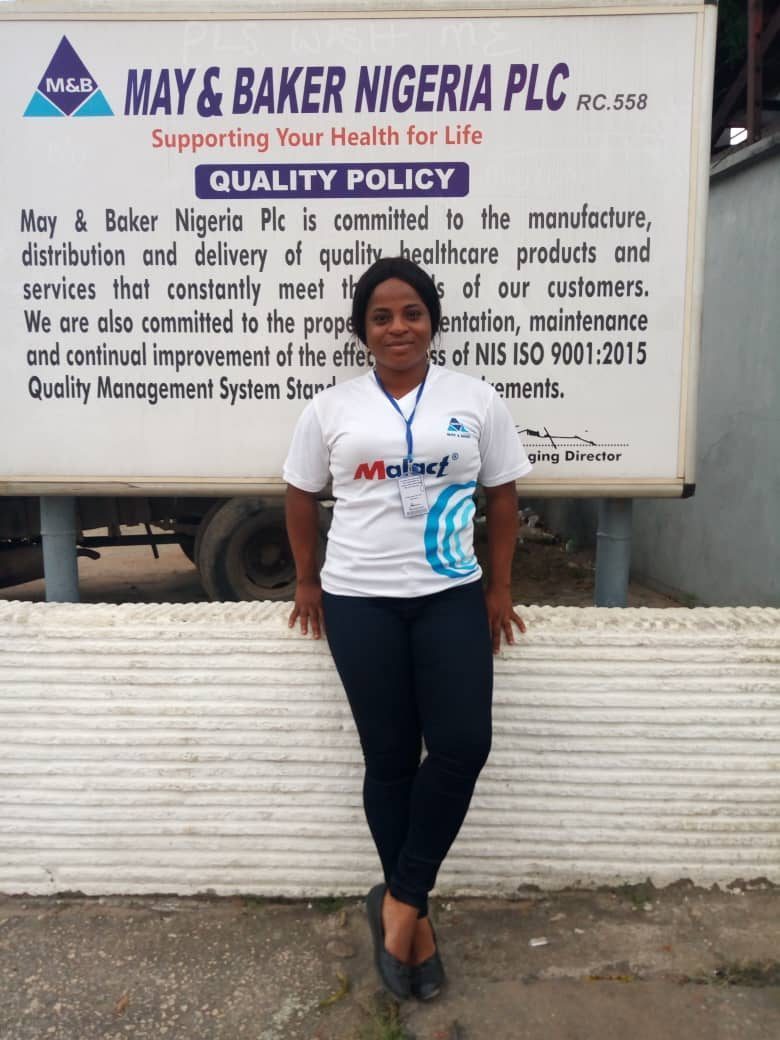
Omolara Kassim at May & Baker
ENTERING MY NEW CAREER IN PHARMACEUTICALS
Omolara Kassim, a 2014 scholarship recipient who graduated with a First Class Magna cum Laude Bachelor of Science degree in Biochemistry from Lead City University in November 2017 shares her experience as a working professional.
“After I completed my mandatory year-long National Youth Service, I applied for scholarships to pursue a Master’s degree and was also actively job searching. I was fortunate to be invited for an interview with Healthline Limited, a pharmaceutical company in Lagos. I was interested in the company because of its vision to improve access to healthcare products across the country.
My role as a medical representative was to explain the composition of pharma products to doctors, nurses, and pharmacists. I really enjoyed learning about the drugs and speaking with medical professionals. On April 1st, I joined May & Baker, the oldest pharmaceutical manufacturing company in Nigeria, established in 1944. The company manufactures and distributes pharmaceutical products, such as vaccines, antibiotics, and sera. In this role, I am learning about drug manufacturing and how access can be improved for the Nigerian market. I enjoy the new learning opportunities provided and I am grateful to the Visiola Foundation for investing in me.”
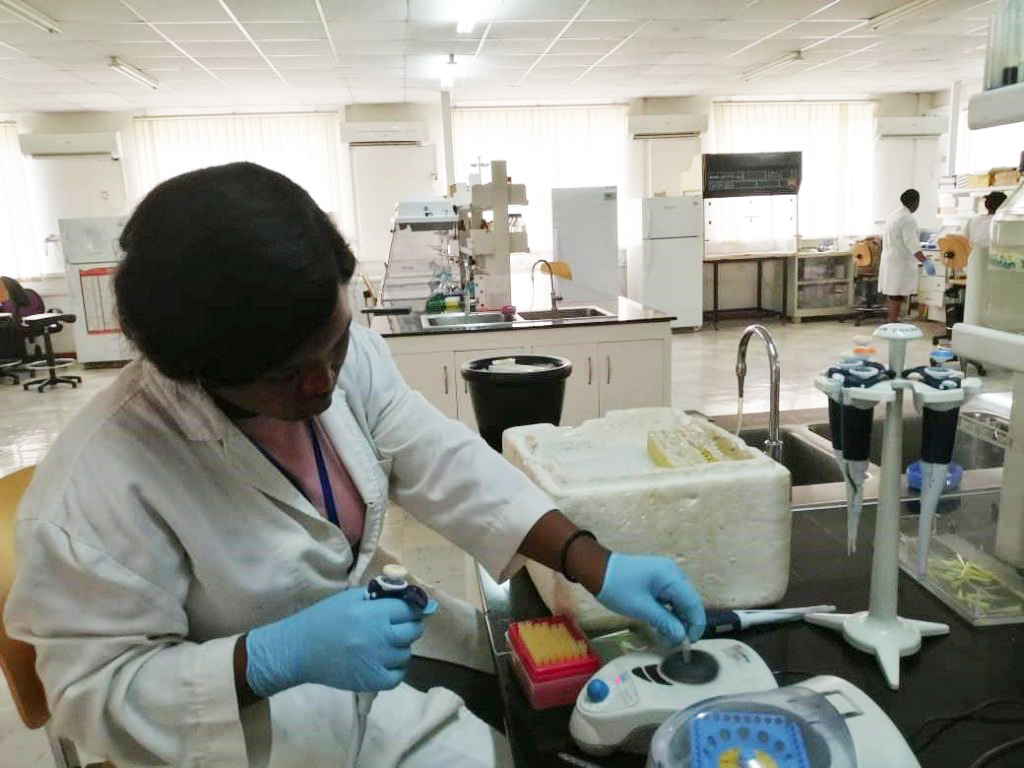
Rachael at IITA
BEING A LABORATORY SCIENTIST IS PURE JOY!
Rachael (22), graduated from Lead City University in 2018 with a First Class Magna cum Laude BSc degree in Biochemistry. She is presently completing her mandatory year of youth service in the research lab at the International Institute of Tropical Agriculture in Ibadan. She shares her experience as a laboratory scientist below.
“It has been about two months since my experience began at International Institute of Tropical Agriculture (IITA). The first few days were highly fascinating because I was fulfilling one of my dreams to work in a laboratory as a scientist and a researcher.
My introductory tour of the facility was exciting. I was very happy to meet young scientists and felt that I would fit in perfectly – I felt at home. The Bioscience centre is a focal point for partnership with advanced research institutes and private organizations globally because they facilitate the deployment of genomic and bioinformatics across West Africa. Some of the research activities and services in the Bioscience center include Nucleic acid isolation and analysis, genotyping of various types, sanger sequencing, Bioinformatics, Cytogenetics (Ploidy analysis), tissue culture, in-vitro propagation, and hands-on training in molecular techniques.
DNA extraction and Polymerase chain reaction (PCR) being a major part of the daily activities initially had me feeling overwhelmed, but the “STEM Girl spirit” I acquired from the Visiola Foundation pushed me to regard the challenge as an opportunity to understand the procedures, right down to the most integrated bases. I have learnt that when I work hard, I succeed. As the days went by, my confidence grew and I felt reassured of my ability in my position. My supervisor and colleagues also began to assign delicate duties to me; which made me feel more proud of myself.
I have learnt to always pay attention to details as a scientist while working in the laboratory. I have been privileged to be mentored by health professionals during this program as they readily share words of advice with me. In February, a special edition of the World Women and Girls in Science took place and I was featured in the lab photos. In March, I participated in the institution’s celebration of International Women’s Day.
I really enjoy working in the lab and I am grateful for the opportunity. Thank you for laying a solid foundation for my future!”
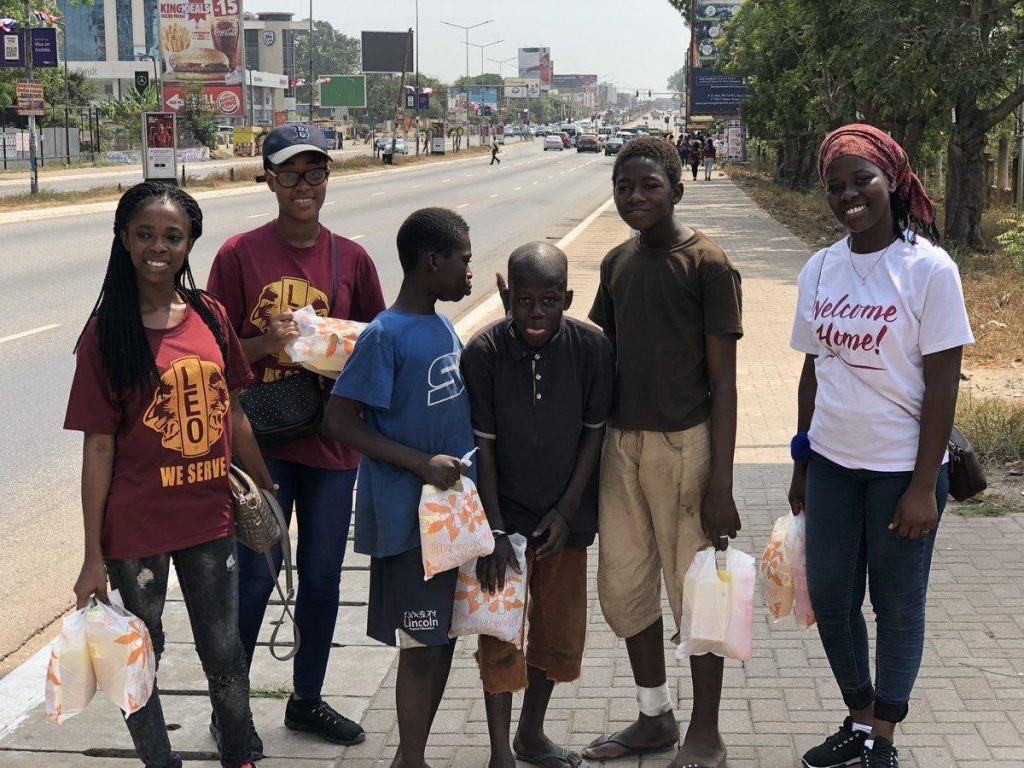
Edna at a community service event in Accra
EDNA (20), ASHESI SCHOLAR, LIGHTING UP HER COMMUNITY
I will never get tired of building up others, while working to improve my community. This semester, I participated in several community engagement projects and they were all very amazing. I joined other members of the Ashesi LEO club in feeding street children on the streets of Accra, Ghana. It was so amazing how I was able to put a smile on the faces of these children by giving them food and by being willing to listen to their stories on how they ended up on the streets. I also participated in raising awareness about the needs of children with specific learning disabilities in the Berekuso community.
At first it was very sad how most parents and teachers used to be very hard on students who are not good academically without considering the possibilities of certain learning disabilities these students may have. Therefore, I was eager and excited to educate them on possible learning disabilities and also suggest ways in which they can help these students. Finally, I am a big admirer of nature, as such, I believe it is imperative that we maintain its beauty and form. Looking at the poor state of most beaches in Ghana,
I quickly teamed up to promote a beach clean-up activity. As a team, we tried as best as we could to clear all the rubbish around the beaches and also ensure that the beauty and sanitary conditions of the beach is maintained. Like I always say, without community service, we would not have a good quality of life.
did you know
Two out of every three illiterate people in the world are women.
62 million girls are denied an education all over the world.
A child born to literate mother is 50% more likely to survive past the age of 5.
In developing countries in Africa, Asia and the Pacific, women typically work 12-13 hours more per week than men.
66 million primary school-age children attend classes hungry across the developing world, with 23 million in Africa alone.
1 in 4 people in sub-Saharan Africa is undernourished, the highest prevalence of all regions in the world.
If women farmers had the same resources as men, the number of hungry people in the world could be reduced by up to 150 million.
Every year, an estimated 15 million girls under 18 are married worldwide, with little or no say in the matter.
In Nigeria, there is 1 qualified teacher for every 46 pupils in public primary schools, 29 pupils per qualified junior school teacher and 16 pupils for 1 qualified teacher in senior classes.

Almost 16 million young Africans are currently facing unemployment. Youth unemployment is generally higher in urban than in rural areas.
The average match between education and the skills needed by businesses is worse in Africa than in the rest of the world.
In South Africa, the second largest GDP on the continent, 55% of young people are jobless.
Source: Food Aid Foundation (2018); Action Against Hunger (2017(, UNESCO (2011); AllAfrica.com (2019), Ifad.org (2012), Makers.com (2018); FAP (2016); UNFRA.org (2010); Mi Ibrahim Foundation (2019); Weforum.org (2017)
